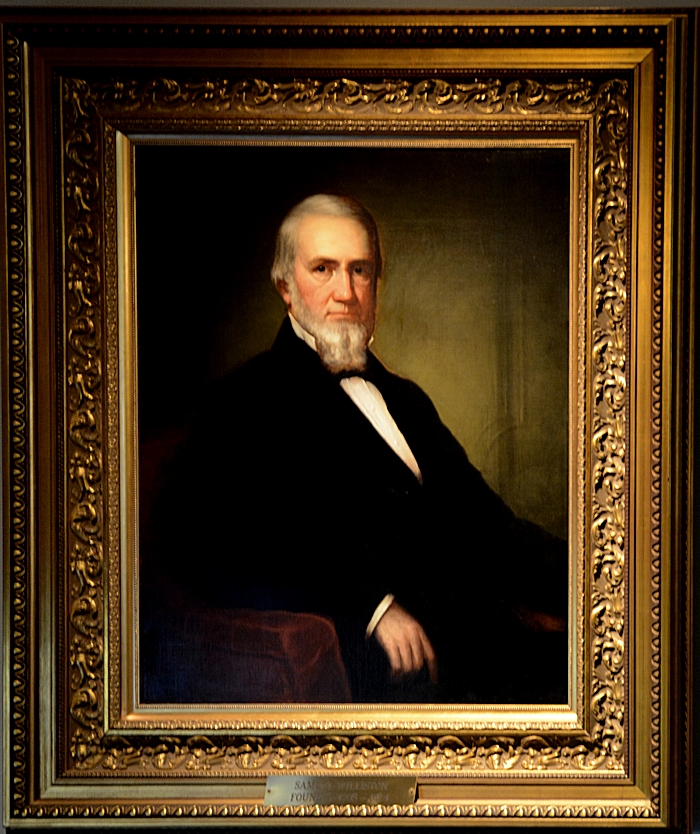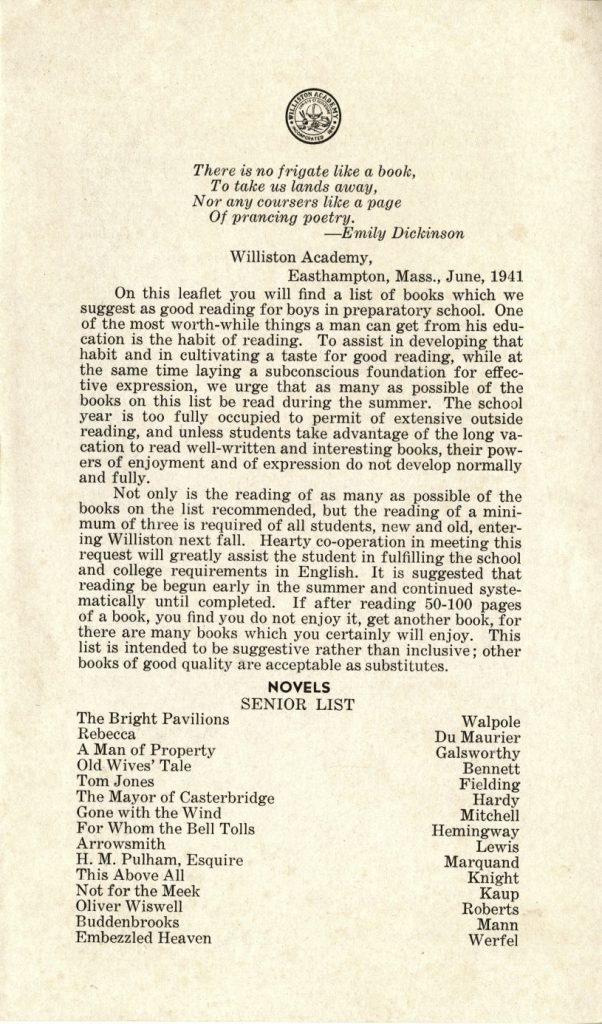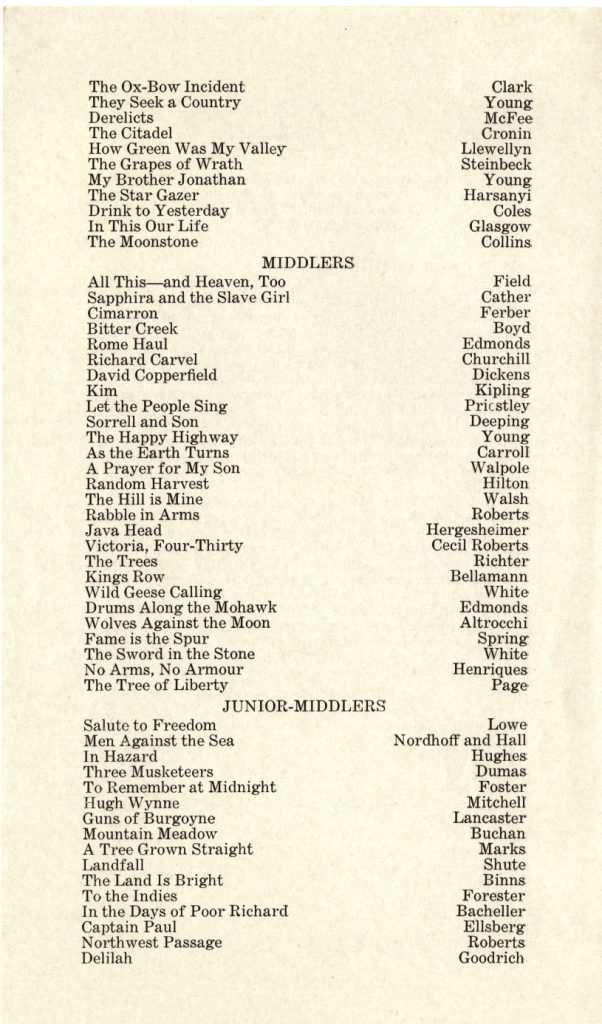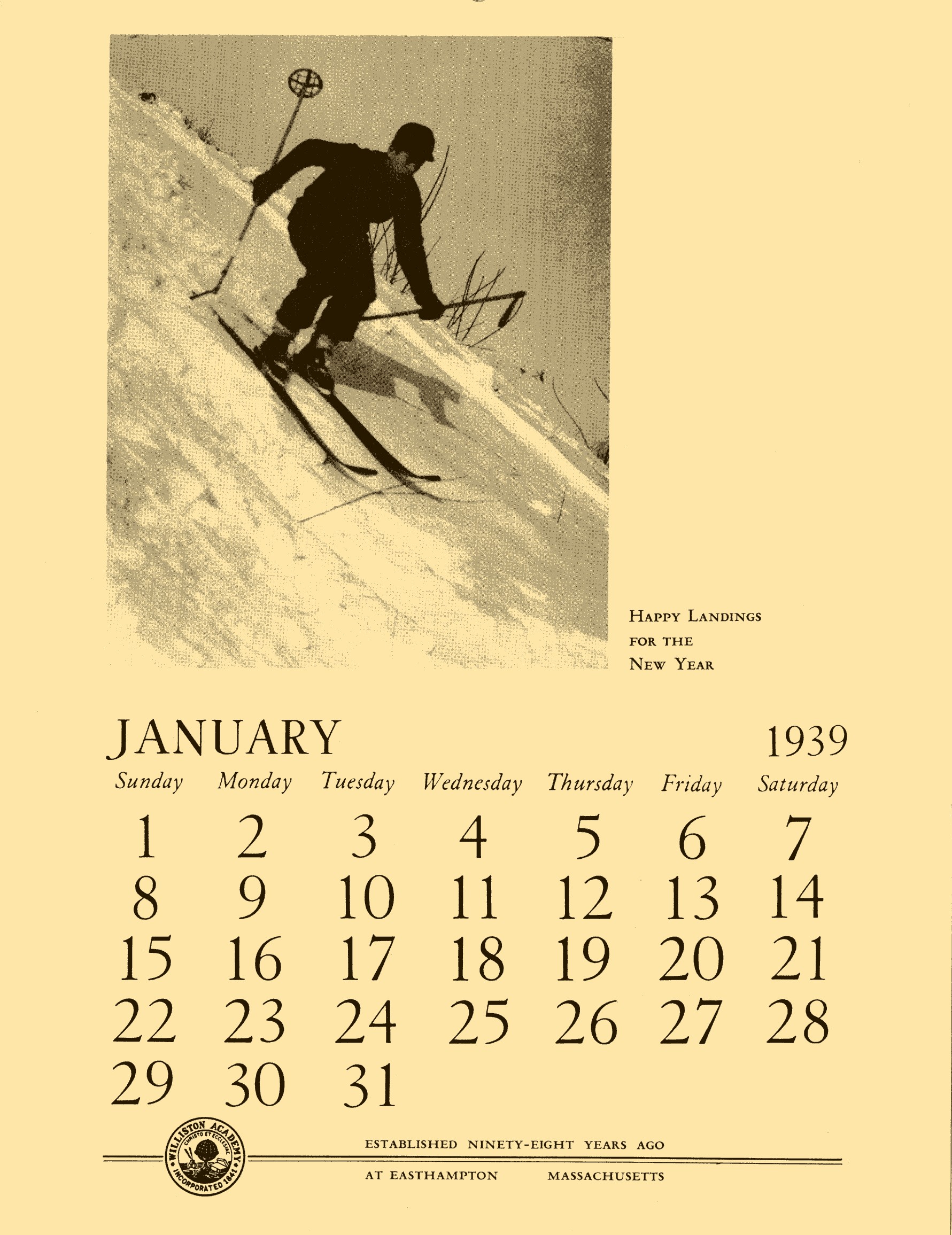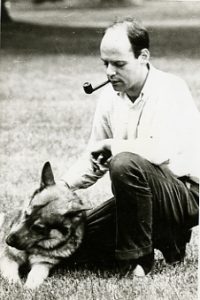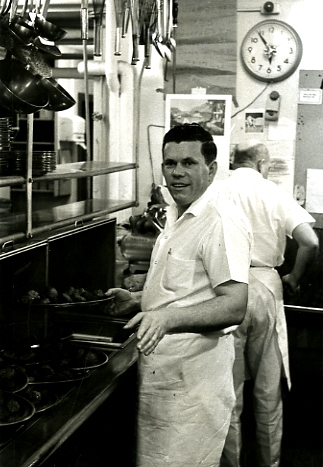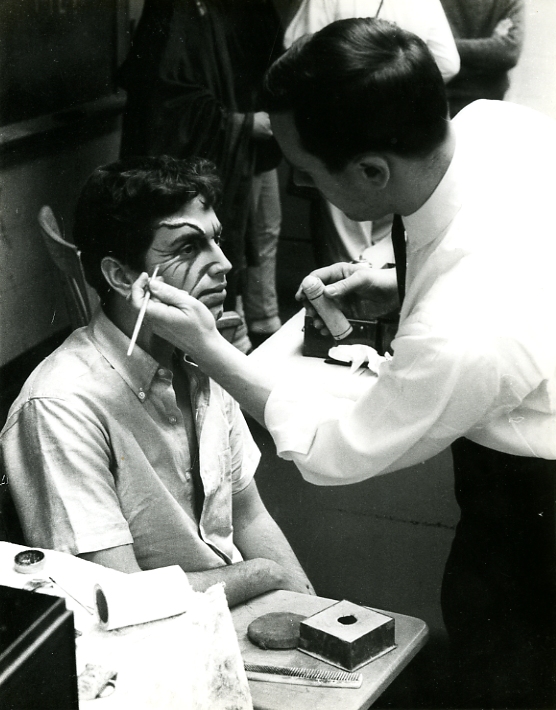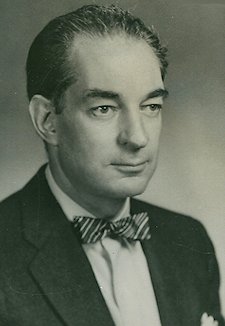 A recent social media discussion among members of the Class of 1968 recalled Horace Thorner, English master from 1943 to 1970, a scholar whose breadth of interests and talents was truly extraordinary. Thorner was a poet of frequent insight and technical virtuosity. Some of his work has already appeared on this blog. (See “The Round World Squared.”)
A recent social media discussion among members of the Class of 1968 recalled Horace Thorner, English master from 1943 to 1970, a scholar whose breadth of interests and talents was truly extraordinary. Thorner was a poet of frequent insight and technical virtuosity. Some of his work has already appeared on this blog. (See “The Round World Squared.”)
For the school’s 125th anniversary in 1966, Thorner was asked to write a celebratory “Ode to Williston.” Commemorative poetry is tricky; it is hard to avoid either hyperbole or mawkishness. Thorner was reasonably — though not entirely — successful. But his chapter on founder Samuel Williston is especially perceptive; Thorner, writing for an audience that perhaps expected the old hagiographic legend, captures the essential conflicts in the man better than others have managed using many more words (see “The Button Speech” ).
II. The Founder
Who was this man? There is no simple rule
To separate the warm flesh and the blood
From such another statue, pale and cool,
As since the time of ancient Athens stood
In lifeless grandeur in the public square,
Defying time and tempest, lightning, flood,
But never living, never quite the bare,
The unadorned, the simple human truth,
Standing in unabashed completeness there.
Indeed, he was ambitious as a youth,
A start for marble statues, but God's will
To spoil his eyes left him uncouth,
Compared to what he wanted for his goal,
To preach, just as his father had, to strive
With old New England devils for the soul.
He had his children, none of whom would live,
And felt God's wrath, but trusted and was brave,
Adopted others Emily would love —
A stern man but a just one and no slave
To outward polish in his speech or act,
Never forgetting that his father gave
A life of service to the church, a fact
That well accounts for all the generous years
He took such care his parish never lacked.
We see the flesh through marble, know his fears
To board a ship on Sunday well may show
A man whose God laughed little, lived on tears.
He may have driven bargains hard. We know
The history of most great fortunes proves
The man who rises, steps on some below,
And afterwards he finds that it behooves
That he appease his conscience by his tithes.
Some great philanthropists had cloven hooves.
But whether conscience prospers or it writhes,
The good it does lives after it, and so
They well deserve their shining laurel wreathes.
Williston wrote his conscience long ago
Into the charter of his school. The words
Still shine upon the fading page and glow
With all the brightness of crusader's swords.
"Knowledge without goodness" — so they read —
"Is powerless to do good." The phrase affords
An insight to the sturdy heart and head
Of Williston, for they were words he chose,
Although, indeed, they had been elsewhere said.
On this foundation, then, the school arose
Between the winding river and the hill
That speak God's strength in action and repose.
Horace E. Thorner
Naples, Italy, February 1966
All eight sections of Horace Thorner’s “Ode to Williston” are too long to publish here. Readers who would like copies of the entire poem may email archives@williston.com.
